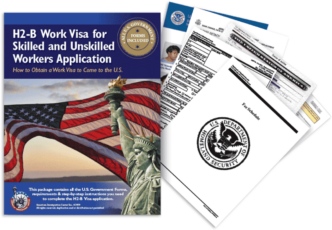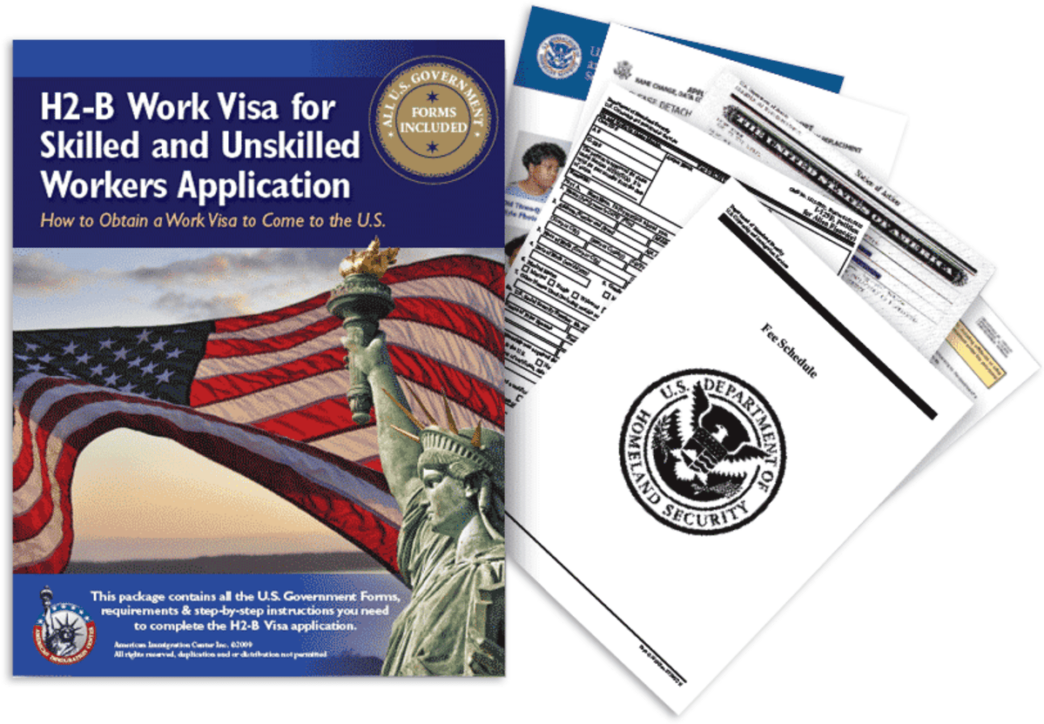The H2B visa program is a temporary labor certification program that allows US employers to hire foreign workers to fill seasonal or temporary jobs that cannot be filled by American workers.
Industries such as hospitality, landscaping, and construction rely heavily on the program to meet their seasonal labor needs.
However, the process of sponsoring workers on H2B visas can be complex and time-consuming, and it is important for employers seeking to become H2B visa sponsors to understand the rules and regulations governing the program to avoid any legal or financial issues down the road.
Understanding the Basic Requirements of the H2B Program
To participate in the H2B program, employers must first obtain a temporary labor certification from the Department of Labor (DOL) by proving that no American workers are available to fill the job openings. The certification process requires employers to advertise the job openings in various media sources and provide evidence that they have made sufficient efforts to recruit American workers. Once the certification is approved, the employer can file the H2B petition with the United States Citizenship and Immigration Services (USCIS) to bring in the foreign workers.
The H2B Visa Application Process
The H2B visa application process involves several steps. Some basic steps include obtaining temporary labor certification from the DOL, filing a petition with USCIS and paying the required fees, and obtaining a visa interview appointment with the US embassy or consulate. Employers seeking to be H2B visa sponsors must provide several documents, including a job offer letter, evidence of the temporary need for the worker, and proof of the worker’s qualifications and experience. The employer must ensure that the H2B petition and all required documents are accurate, complete, and submitted in a timely manner to avoid delays or denials.
Employer Obligations and Responsibilities
Employers who are H2B visa sponsors must comply with a variety of obligations and responsibilities under the law. They must provide the workers with the same wages, working conditions, and benefits as they offer to their American workers. Frequently, H2B employers also offer additional support for employees, including paying for their transportation to and from the United States. While employers are not required to house H2B visa workers, they are responsible for ensuring workers have a suitable place to live that meets local and federal housing standards.
Duration of H2B Visa
The initial period of stay for H2B visa holders is limited to one year, but it can be extended in one-year increments up to a maximum of three years. After the H2B period is over, the workers must either return to their home country or apply for a different visa that allows them to remain in the United States. Employers seeking to become H2B visa sponsors can benefit from consulting an immigration attorney due to the different regulations determining these time frames.
Conclusion: Schedule a Consultation with an Employer Immigration Attorney
Given the intricacies of the H2B visa program, it is important for employers to work with qualified immigration attorneys to ensure that they comply with the rules and regulations governing the program. By doing so, prospective H2B visa sponsors can avoid legal or financial issues and ensure that their workforce needs are met effectively and efficiently. Along with its potential benefits, employers should be aware of their obligations and responsibilities when sponsoring foreign workers on temporary visas through the H2B program.















